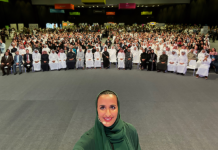
In the almost 1,000 years since the first universities were founded in medieval Europe, they have proved adept at responding to the changing requirements of the societies they serve. Over the course of the last millennium, these once mainly religious establishments have evolved into the secular powerhouses of the global economy, drivers of research, innovation and social development.
Now universities are facing one of the most challenging chapters in their long history. In today’s digital world, increasing numbers of employers are questioning the value of a traditional university education. At the same time, many young people are turning their backs on conventional higher education, discouraged by rising fees and outdated, low-tech teaching methods.
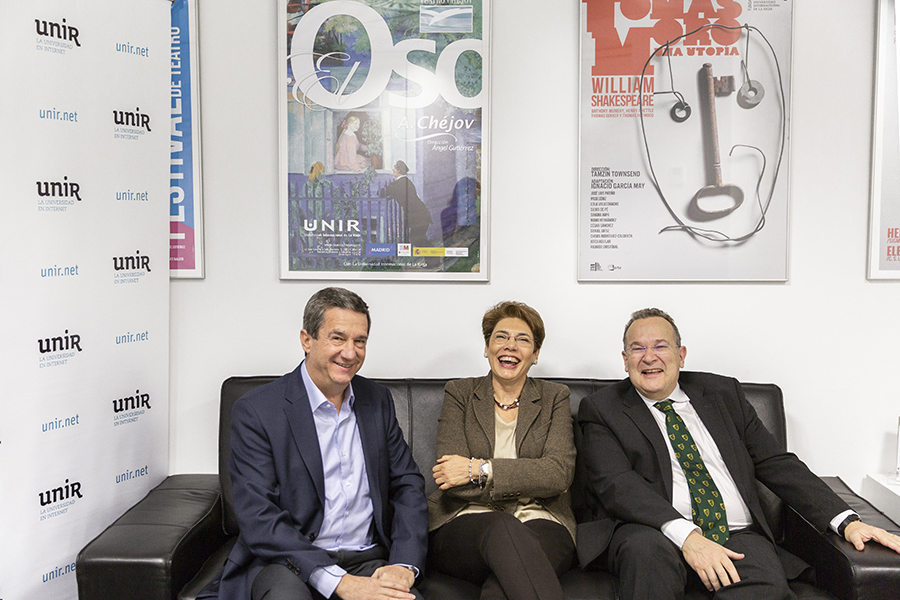
In the face of these threats, universities are embarking on a new era of transformation. While some institutions of learning are struggling to provide students with the engaging and rewarding education they demand, a new breed of university is emerging to address the need: the online, digital-only university.
“Universities that are not digitalized will disappear,” says Miguel Arrufat Pujol, the CEO of Proeduca, a Spanish higher education company that owns six online university institutes. “Universities need to embrace the digital future if they are to continue to fulfil their social role as vehicles for inclusion and equality.”

Proeduca, whose share price has increased by over 50% since its stock market listing this past March, runs online higher education centers in Spain, Florida, Colombia, Peru and Mexico. It serves approximately 47,000 students from around 100 countries, awarding degrees and post graduate diplomas specifically tailored to meet the needs of contemporary employers. Wherever it operates, Proeduca’s institutions are providing life-changing education to people who may be unable to access a traditional university due to financial or practical constraints.
“Many people want to learn and move up in the world but they cannot attend university in person, either because they already have jobs, they live too far away or the traffic is bad,” Arrufat says. “Only a digital university can reach these people. In Colombia, 20 students from a remote indigenous community all travel to another town every week just to go online, access our courses and download their homework. Our students are desperate to learn.”

To provide its students with the quality of education they deserve, the company invests significantly in teacher training and development. It has also created an interactive didactic experience that in many aspects is superior to traditional learning. Looking in on a Proeduca course, the amount of participation by students is surprising. With none of the pressure of the classroom environment, even the shiest learners freely participate in asking questions by live chat.
Reflecting Proeduca’s courses reputation for quality, over 60% of the company’s students now sign up based purely on the recommendation of friends and colleagues, says Arrufat.
“We are extraordinarily student-focused and our students recognize this,” he says. “Our students make a huge sacrifice to study online from their homes and they deserve the very best from us.
“We have broken the barriers to higher education, the engine for social progress.”
Miguel Arrufat, CEO, Proeduca
“We use rich and engaging content and we actively encourage dialogue and participation. Our teachers may be in a different country to the student, but our students will receive more personal tutoring than in a conventional university.”
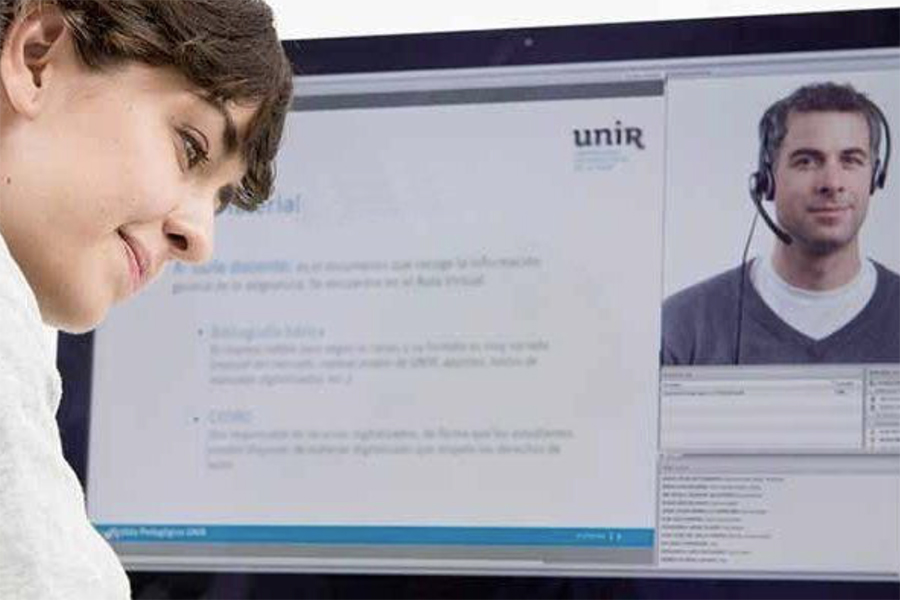
At UNIR, Proeduca’s largest university, the advantages of online teaching over in-person courses are clear. Elena Martínez Carro, the education faculty dean, says that because a teacher’s performance can be easily monitored during an online class, teaching quality is generally higher than in traditional courses. UNIR trains all its teachers in the special techniques of online education, and it rigorously collects, analyses and acts on feedback from students. In Spain, the official accreditation standards are the same for both online and physical universities, with data research showing that satisfaction levels are often higher for UNIR’s online courses. The university also uses data analytics to monitor the performance of its students and the changing requirements of the labor market.
“Our aim at UNIR is to achieve academic excellence at all times, using the best technologies and the best teachers,” says Martinez.
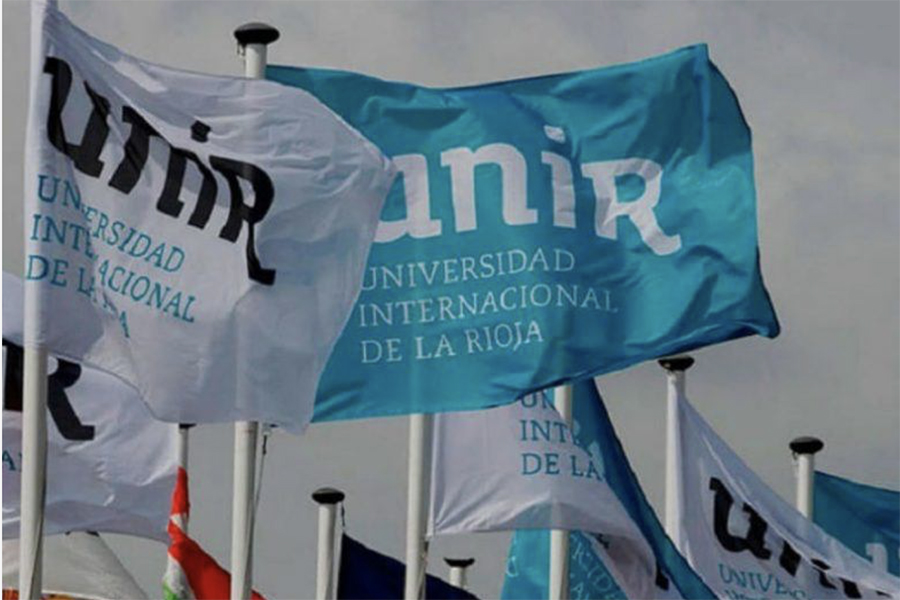
The quality of UNIR’s teaching methods and the potential of online higher education are gaining increasing recognition in Spanish-speaking countries. In Ecuador, UNIR is training faculty members at public universities in the techniques of online education. As a result, tens of thousands more students can enjoy the opportunities of further education.
“The digital revolution in higher education will have tremendous benefits for the emerging economies of Latin America,” says José María Vázquez, the chancellor of UNIR. “Access to education is critical both to individual growth and to the social and economic development of a country.”
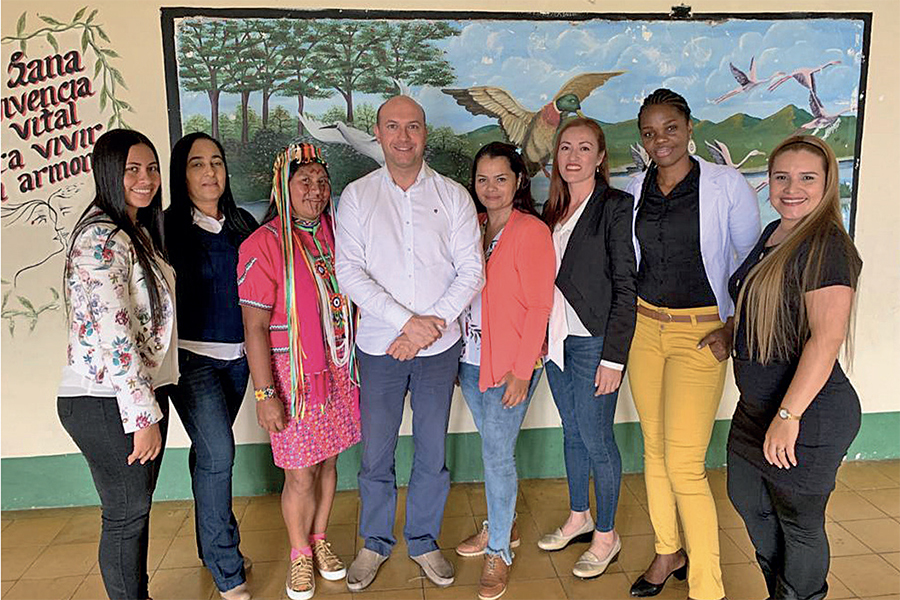
In a global online learning sector that is growing by around 5% a year, with an estimated worth of $240 billion by 2023, Proeduca has ambitious plans for international expansion. It aims to be the market leader, targeting the 500 million Spanish speakers around the world.
While the rewards of Proeduca’s leadership in online education will be substantial for its shareholders, Arrufat says the company is looking well beyond merely financial returns.
“Our vision is to help break down the barriers to learning,” he says. “We want to empower millions of people, prepare them for a fast-changing world and use higher education as a platform for building a more inclusive and sustainable society”![]()
As published in TIME magazine







